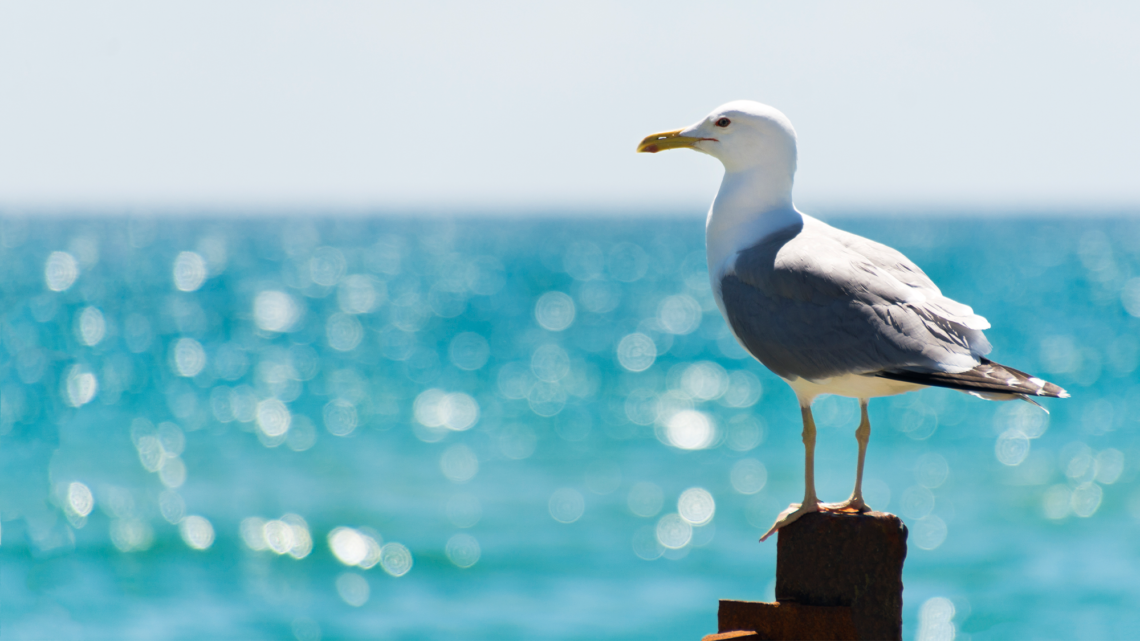Despite the reputation for being the trash pandas of the bird world, seagulls are kind of the masters of evolution. They can survive and thrive alongside humans, have a remarkable memory, and some have been observed using pieces of food to bait fish the way primates use tools. The seagull species that have bigger brains that are also more likely to nest on coastal cliffs may also be better adapted to breed in urban environments.
A study published April 25 in the journal Frontiers in Ecology and Evolution found that more than half of cliff-nesting gull species that also nest in cities and towns have bigger brains. Species such as the Herring Gull, the Lesser Black-backed Gull, and the Black-legged Kittiwake potentially have a behavioral flexibility that allows them to nest in more challenging locations like rooftops.
“Many people will be familiar with gulls nesting and foraging in urban areas,” Madeleine Goumas, study co-author and a postdoctoral researcher specializing in herring gulls at the University of Exeter in England, said in a statement. “It’s not something you might expect from a seabird, so we wanted to try to understand why they do it.”
[Related: Seagulls hunger for food touched by human hands.]
In the study, the team combed through various research databases to find records of urban breeding and foraging among gulls and data on brain size by species. They then mapped a range of the different species present.
Out of 50 gull species, 13 were recorded as using urban areas to breed, while 13 were recorded using urban areas to forage for food. Nine species bred and fed in more building-heavy environments.
When they compared the figures for breeding with the birds’ known habits and brain size, they found that 10 out of the 19 cliff-nesting gull species (53 percent) also nested in urban areas. Only three out of 28 (11 percent) of generally non-cliff-nesting species nested in both spaces.
[Related: The…
Read the full article here

